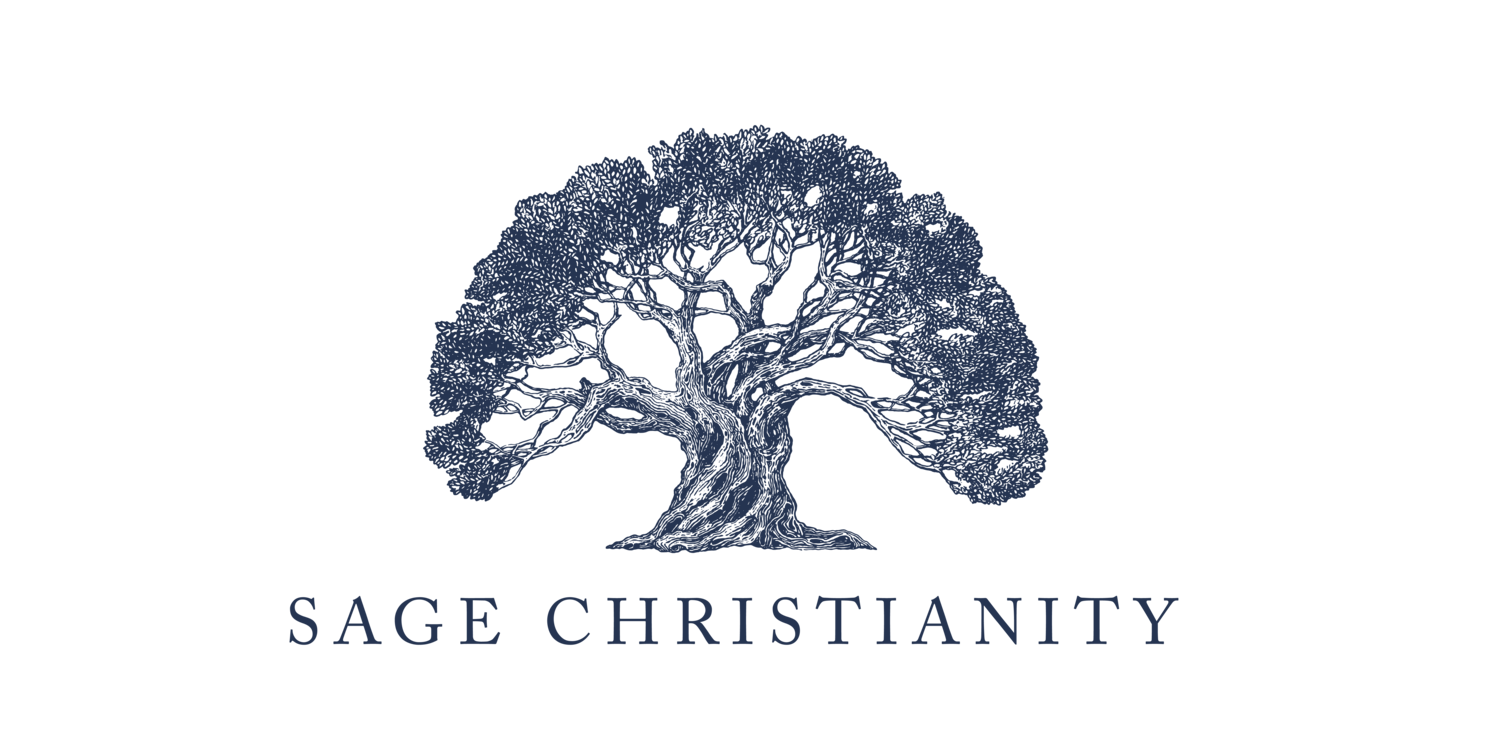How Do You Keep From Losing Yourself?
Margie and I discovered early in our marriage that we couldn’t go too long without taking time to evaluate how things were going. For some reason life kept spiraling out of control. Anyway, our calendar would be too full, we’d be stressed and irritated at each other, and so we’d plan a day to talk and pray and evaluate. It was always hard to find the time but essential before the stress and busyness and frustration got too far out of hand.
Pay Attention to the Quiet Whispers amid the Whirlwinds
Central to the day together, we’d revisit the foundational ideas and values on which we were basing our lives and making certain that our priorities were sound.
Times of doubt, or stress, or transition, or unexpected change and interruption, or a sudden feeling of being lost in busyness, or a lack of reality—all these and more can be the quiet whispers that tell us it might be wise to pause and check our foundations and reassess.
Whatever the source, such quiet whispers should be taken seriously. Living in a broken world demands it. We’d try to listen to them together.
2020 is a year we will all likely remember as a time when so much was so unceremoniously upended. The whisper felt more like a shout. Margie and I had to go back to basics and review our foundations. Are our ideas deeply enough rooted in historic Christian faith that they are applicable in our changing social, political and cultural circumstances? Are the principles we have commended worthy to be championed able to hold in whatever days we have left ahead of us?
Learn Again What You Stand For
Whatever lay ahead of us, the things we have stood for remain plain to us.
That every person is created in God’s image and is to be treated with dignity, significance, equality and justice.
That we are not called to the extraordinary and the spectacular but to be faithful in the ordinary and the routine of our lives. God may choose to do something extraordinary with our faithfulness, but that is his concern, not ours.
Related to that, we should heed St. Paul’s instruction “to make it your ambition to lead a quiet life” (I Thessalonians 4:11). Contentment is a virtue.
We should provide warm hospitality and the sharing of lives, stories and ideas over simple meals with neighbors and colleagues, including those very different from ourselves. As an expression of love, we should give the gift of unhurried conversation.
That honest answers should be provided for honest questions, including saying, “I don’t know,” when we don’t know.
We are called to follow St. James’ counsel to be “quick to hear, slow to speak, slow to anger,” which is far from automatic in an age when outrage is multiplied and cheered on social media.
·We can learn to speak of the Christian faith creatively, winsomely, seeking to persuade rather than using formulas or verbal bullying about guilt to get people to believe in Jesus.
·In all of this, we Jesus followers are to live intentionally as exiles, resident aliens, seeking the good of our broken pluralistic world that is far more like ancient Babylon than ancient Jerusalem.
·We believe taking our questions to the Bible with study, taking seriously both the details of the text and the story of redemption, can work by the power of God’s Spirit to renew our minds and imaginations so that we can increasingly live transformed.
That we must find common ground with people who aren’t followers of Jesus, seeking windows of insight and points of contact in the art, music, stories and films of our shared culture in order to talk about the things that matter most.
Culture is not something to be fought over but a garden to be cultivated.
Take What You Stand For Into the Day
In every sense these foundations upon which Margie and I have built our lives are simple, basic, humanizing and life-giving, ancient truths brought into our post-Christian and pluralistic world, naturally growing out of our conviction that Jesus is Lord over all of life and culture.
And so, we will take them with us, in how we live in our little corner of reality and in our ongoing thinking and writing at Critique/Letters (www.critique-letters.com). I hope you will join us there where the conversation can continue.
Adapted from Denis Haack, “Checking our Foundations” (Critique, 2020, Issue 6).
